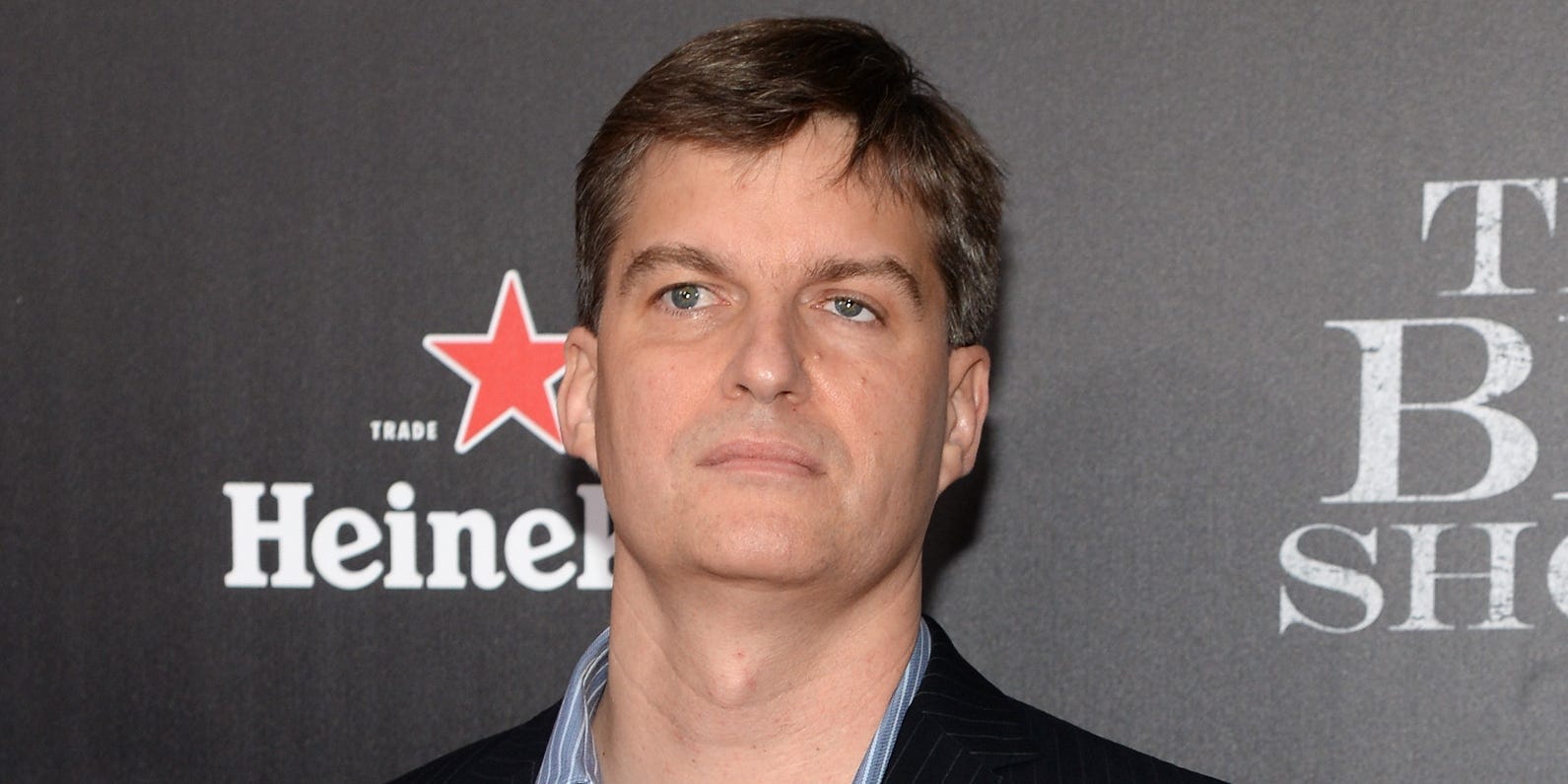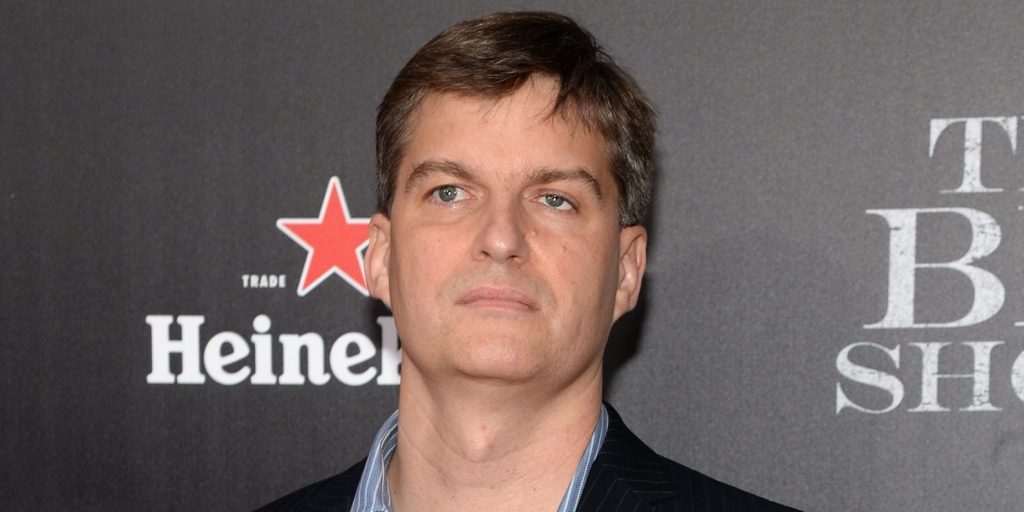
Photo by Kevin Mazur/WireImage
- Michael Burry warned that soaring US inflation isn't solely due to the economy reopening.
- "The Big Short" investor pointed to energy prices and other non-reopening factors.
- Burry highlighted the inflation threat in April 2020 and several times this year.
Michael Burry warned that surging US inflation isn't merely a byproduct of the economy opening up again after pandemic restrictions, and nodded to the fact that he predicted the spike, in a now-deleted tweet on Wednesday.
"Inflation … it's not just reopening anymore, folks," he tweeted. "Not that anyone could have seen this coming," he added sarcastically.
The investor of "The Big Short" fame shared a chart showing month-on-month inflation, and the split between reopening and non-reopening factors underlying the price increases.
Higher inflation in May, June, and July was driven by steeper price rises for used and rental vehicles, auto insurance, lodging, airfares, and restaurant meals as the economy reopened, Burry's chart showed.
Meanwhile, the 0.9% increase in the Consumer Price Index in October – its sharpest month-on-month gain since 2008 – was largely fueled by higher energy prices and non-reopening factors.
In other words, inflation spiked in the summer because people resumed driving, booking flights and hotels, and eating out after cutting back during the COVID-19 outbreak. But prices rose at the fastest annual rate in three decades in October, because other parts of the economy heated up.
Burry - who famously anticipated the collapse of the mid-2000s housing bubble - highlighted the risk of post-reopening inflation as early as April 2020, weeks after the first lockdowns in the US.
The Scion Asset Management boss also told investors to prepare for inflation in February of this year. He cautioned that mailing out stimulus checks, pumping trillions of dollars into financial markets, and reopening large parts of the economy could light a fire under prices.
Burry went as far as comparing America's current inflation trajectory to Weimar Germany's path to hyperinflation in the 1920s. He noted there was similar market mania and rampant speculation among investors in the European nation before prices took off there.
The Scion chief, who frequently deletes his tweets and occasionally takes down his Twitter profile, returned to the platform this week to weigh in on Elon Musk's stock sales and suggest Tesla stock could plummet 90%.

